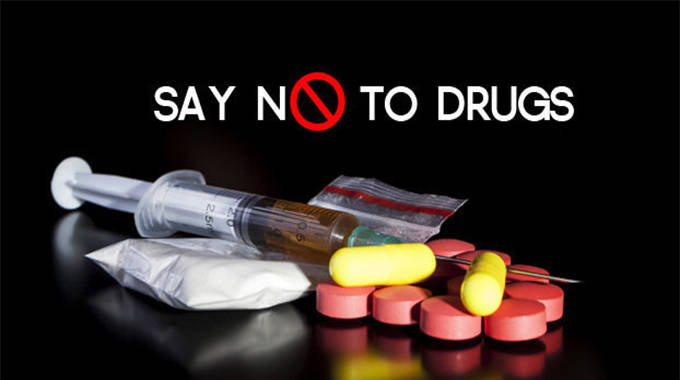Effects of Crystal Meth on the Community and Zimbabwe’s Response to Drug Abuse

Introduction
Crystal methamphetamine, commonly known as “mutoriro” in Zimbabwe, has emerged as a dangerous and destructive force within communities across the country. Its rapid spread has fueled addiction, social breakdown, and crime, prompting urgent interventions from the Zimbabwean government. This article explores the effects of crystal meth abuse on society and outlines the measures the government is taking to curb this crisis.
The Devastating Impact of Crystal Meth on the Community
- Health Consequences
- Crystal meth use causes severe physical and mental health issues, including paranoia, hallucinations, aggressive behavior, insomnia, weight loss, and organ damage. Many users suffer from psychotic episodes that often lead to violent confrontations and self-harm.
- Meth addiction leads to a rapid deterioration in health, making users susceptible to diseases like HIV/AIDS through risky behavior.
- Family and Social Breakdown
- The drug’s hold on individuals often leads to broken families, with many addicts neglecting responsibilities, engaging in theft, and even abusing family members.
- Communities experience a breakdown of trust as crime and violence become more prevalent, fueled by users seeking money for drugs.
- Crime and Lawlessness
- Crystal meth abuse is strongly linked to increased crime rates, including burglaries, assaults, and robberies. Addicts are often involved in violent crimes, creating a climate of fear in communities.
- Drug hotspots have emerged, turning some neighborhoods into no-go zones.
- Impact on the Youth
- A significant proportion of meth users are young people, including students. This has contributed to high school dropouts, unemployment, and a wasted generation that could have contributed positively to the economy.
Zimbabwean Government’s Efforts to Tackle Drug Abuse
- Policy Framework and Legislation
- The Zimbabwean government has declared drug and substance abuse a national crisis.
- In 2023, the Cabinet adopted the Zimbabwe National Drug Master Plan (2020–2025), which outlines a multi-sectoral approach to prevent and reduce substance abuse.
- Law enforcement agencies have intensified arrests of drug dealers, suppliers, and manufacturers, including crackdowns on backyard drug labs.
- Establishment of Rehabilitation Centers
- The government, through the Ministry of Health and Child Care, has begun setting up rehabilitation facilities across the country. For example, the Ngomahuru Psychiatric Hospital in Masvingo is being refurbished to serve as a national rehabilitation centre.
- Plans are underway to establish community-based rehab centers in partnership with local authorities and NGOs.
- Community Awareness and Education Campaigns
- The First Lady, Dr. Auxillia Mnangagwa, has been spearheading anti-drug campaigns through her Angel of Hope Foundation, raising awareness in schools, churches, and communities about the dangers of drug abuse.
- National campaigns such as “Say No to Drugs” have been rolled out to educate young people about the risks of drugs like crystal meth.
- Inter-Ministerial Task Force on Drug and Substance Abuse
- The government established an inter-ministerial committee led by the Ministry of Public Service, Labour, and Social Welfare to coordinate efforts to fight drug abuse.
- The task force engages in stakeholder consultations, formulates policies, and monitors the implementation of anti-drug programs.
- International Collaboration
- Zimbabwe has partnered with regional and international organizations to combat drug trafficking and importation. This includes collaboration with Interpol, SADC, and UNODC for technical support and intelligence sharing.
The Road Ahead
While the Zimbabwean government has taken bold steps to tackle the crystal meth crisis, success requires multi-stakeholder participation. Families, schools, churches, and civic organizations must join hands in rehabilitating addicts, providing psycho-social support, and promoting a drug-free lifestyle.
Stronger community policing, youth empowerment programs, and economic opportunities will also be key in breaking the cycle of addiction and ensuring that Zimbabwe’s future is not lost to drugs.




